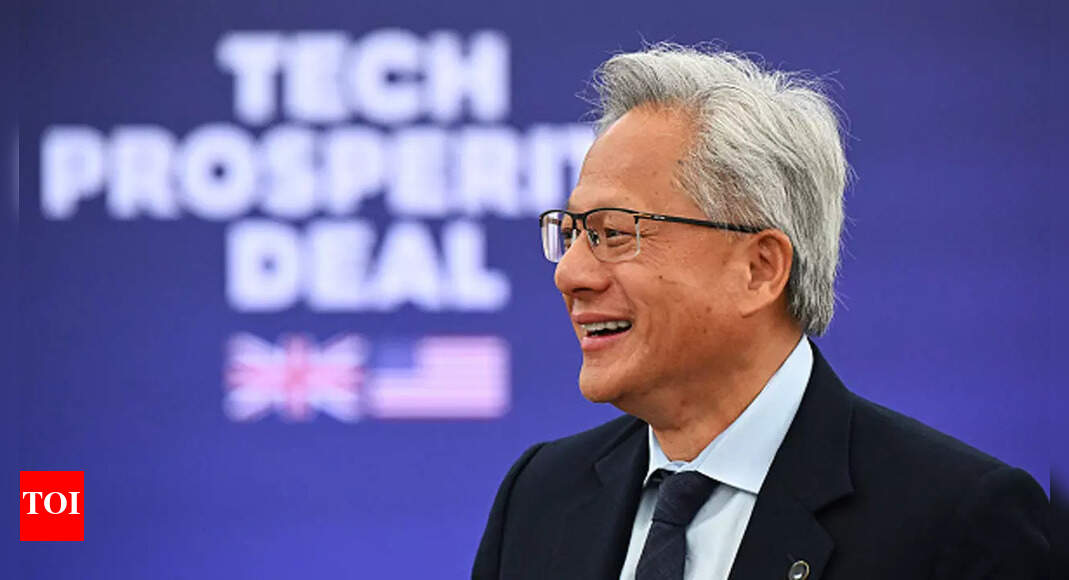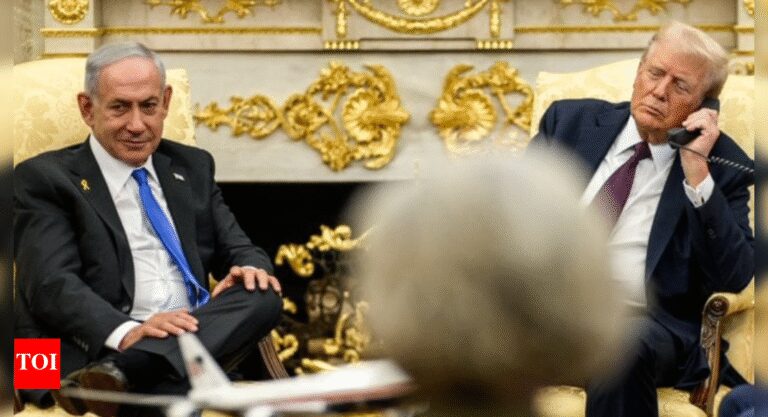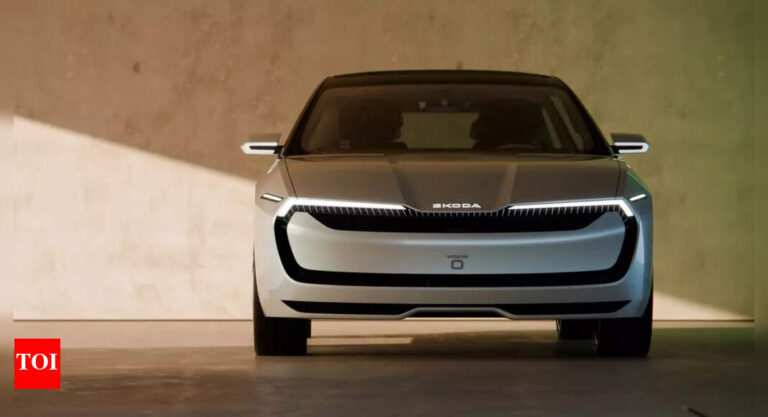
Nvidia announced last month that it will invest $5 billon in Intel and partner with the struggling chipmaker to build artificial intelligence infrastructure and person computer products. As part of the agreement, Nvidia will buy Intel common stock at $23.28 a share, subject to regulatory approvals, AP reported. The tie-up will see Intel design custom processors for Nvidia’s data centre platforms, while also integrating Nvidia technology into PC chips. Now, in a candid interview with CNBC’s Mad Money Nvidia CEO Jensen Huang talked about the decades-long rivalry between Nvidia and Intel. Huang said, ““Intel spent 33 years trying to kill us.” But in a surprising twist, Huang added, “We’re lovers, not fighters,” signaling a dramatic shift in the relationship between the two chip giants.
From rivals to strategic allies
Huang also credited the long-standing friendship with Intel CEO Lip-Bu Tan which helped in forging an alliance between the two chipset makers. “Our partnership with Intel is because I can imagine a future for the both of us where we could both win,” Huang said. The collaboration between Nvidia and Intel includes building a custom microprocessor for Nvidia, while Nvidia will develop a new chip for an emerging market—two products that signal a deep integration of capabilities.
Huang bets on Intel’s future
Speaking about the partnership, Nvidia CEO also showed confidence in the partnership. Huang also revealed that he is now a shareholder in Intel, noting, “Ever since I invested, it went up something like 50% or something.”The stocks of Intel surged around 51.84% in the past month and is now up 83.83% year-to-date. This rise in the share prices reflect in the optimism of the investors and its renewed momentum in AI and chip manufacturing.
A future built on collaboration
Huang also emphasised that the partnership between Nvidia and Intel is designed to meet the explosive demand for AI hardware, and that Nvidia’s vision for the future is “inclusive.” “When we give a keynote, everybody’s stock price goes up,” he joked. “When somebody else gives a keynote, our stock prices go down.”The move offers a significant boost for Intel, which has struggled to recover after falling behind in the mobile and AI eras. Once dominant in personal computing, the company posted a $19 billion loss last year and another $3.7 billion loss in the first half of this year. Intel also expects to cut a quarter of its workforce by end-2025.







